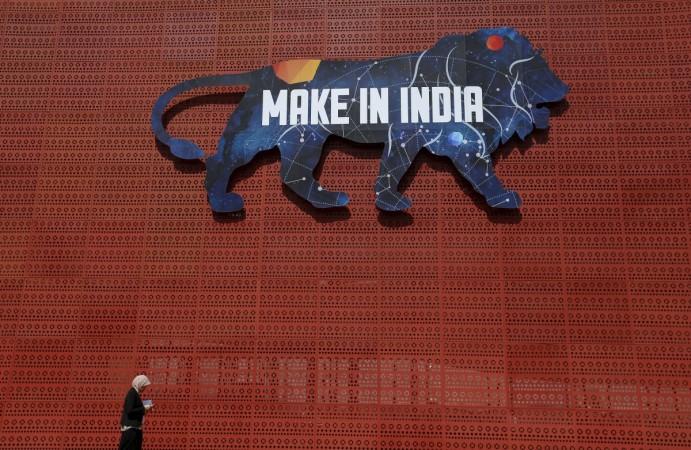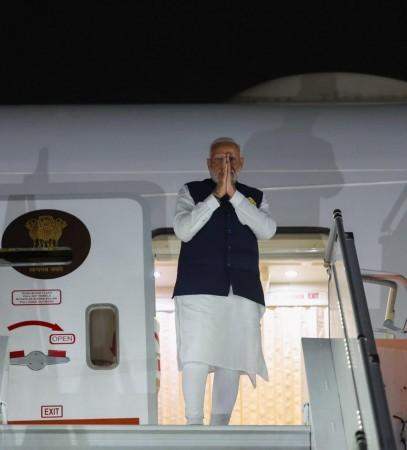
Prime Minister Narendra Modi recently celebrated the tenth anniversary of the 'Make in India' initiative in a blog post. The program, launched a decade ago, has transformed the nation into a manufacturing and innovation powerhouse. The impact of Make in India shows that Bharat is unstoppable, Modi wrote, emphasizing the initiative's transformative power. He attributed the success of the program to the country's vast talent pool, calling each contributor a pioneer, visionary, and innovator.
Their tireless efforts have made India the focus of global attention and curiosity. The 'Make in India' initiative has yielded significant results in the manufacturing sector and has propelled the country's strides in the export sector. The imprint of 'Make in India' has become visible across sectors, including areas where we never even dreamt of making an impact, Modi noted.
One of the most striking examples of the initiative's success is the mobile manufacturing sector. In 2014, India had only two mobile manufacturing units. Today, that number has risen to over 200. Mobile exports have skyrocketed from a mere Rs 1,556 crore to an astounding Rs 1.2 lakh crore – a mind-boggling 7,500 per cent increase. Today, 99 per cent of mobile phones used in India are Made in India, making the country the second-largest mobile manufacturer globally.

The Prime Minister also highlighted the growth in sectors like energy and manufacturing. The steel industry has seen a 50 per cent increase in production since 2014, making India a net exporter of finished steel. The semiconductor manufacturing sector has attracted investments worth over Rs 1.5 lakh crore, with five plants approved that will have a combined capacity of more than 7 crore chips per day. In renewable energy, India is the 4th largest producer globally, with capacity increasing by 400 per cent in just a decade. The electric vehicle industry, practically non-existent in 2014, is now worth $3 billion. Defence production exports have soared from Rs 1,000 crore to Rs 21,000 crore, spanning across over 85 nations.
The 'Make in India' initiative has also had a significant impact on the common people and the MSME sector. It has given the poor the confidence to be wealth creators and has positively impacted the MSME sector through schemes like Production Linked Incentive (PLI), enabling large investments and job creation. The Prime Minister also took pride in the indigenous production of state-of-the-art trains, including Vande Bharat, and missiles like BrahmMos, all of which bear the 'Make In India' imprint. He further emphasized that the country has emerged as a key player in the global supply chain, with the country's phenomenal Yuva Shakti proving its mettle in the Start-Up industry, globally.
In his concluding note, PM Modi called upon young Indians to join the 'Make in India' initiative to take it to new heights. The momentum is clearly in India's favour. Despite facing unprecedented challenges like the global pandemic, India has remained firmly on the growth track. Today, we are being seen as drivers of global growth. We all must strive for excellence. Zero defect should be our mantra, he said.

As the 'Make in India' initiative enters its second decade, the momentum is clearly in India's favour. The initiative has not only boosted various sectors but also empowered the common people and the MSME sector. The country is poised to drive global growth, remaining firmly on the growth track despite facing unprecedented challenges like the global pandemic. The success of 'Make in India' is a testament to India's potential as a global manufacturing hub, much like the Swadeshi movement was a testament to the country's self-reliance potential.

















